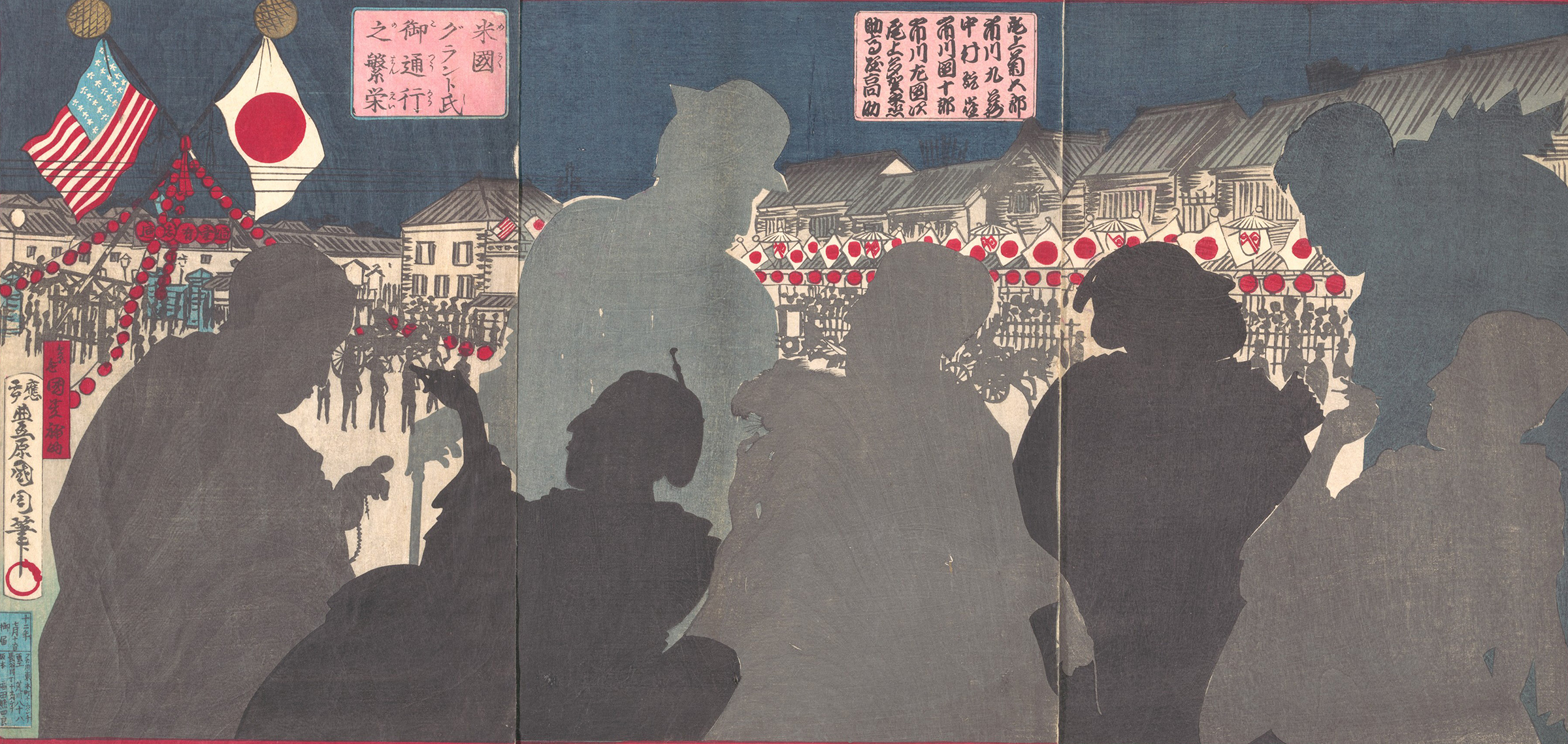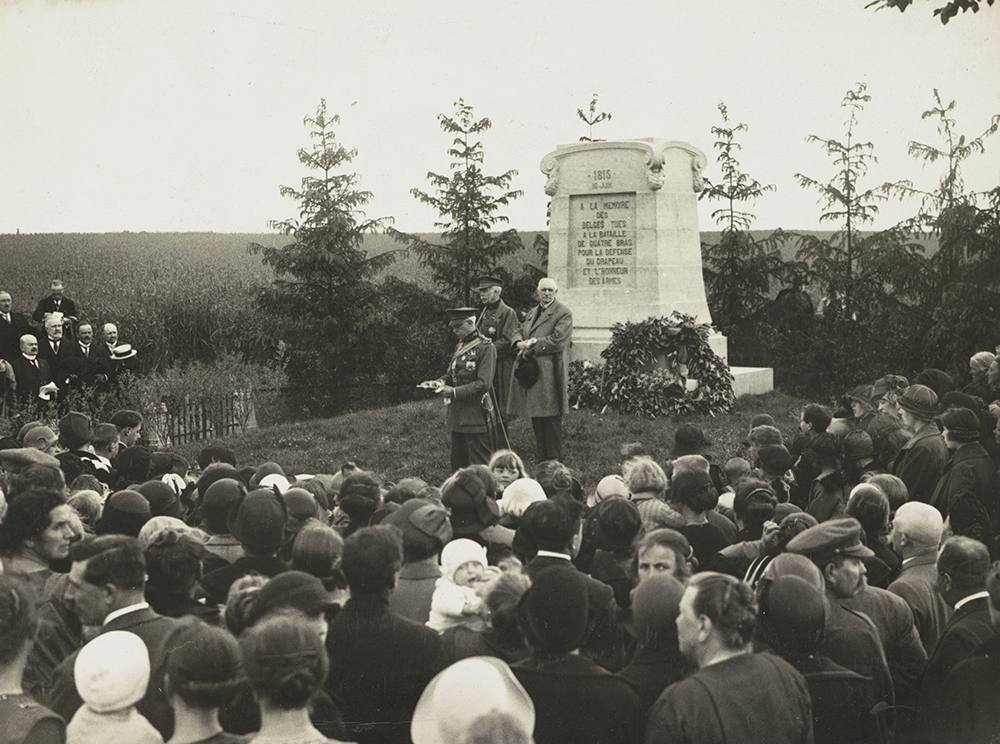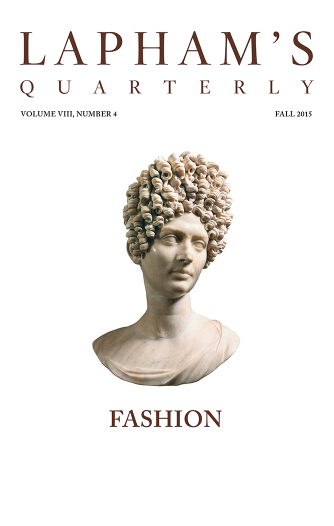To endeavor to forget anyone is a certain way of thinking of nothing else.
—Jean de La Bruyère, 1688Stefan Zweig Encounters a Living Lexicon
Meeting a prodigious memory.
Having just got back to Vienna, after a visit to an out-of-the-way part of the country, I was walking home from the station when a heavy shower came on, such a deluge that passersby hastened to take shelter in doorways, and I myself felt it expedient to get out of the downpour.
Luckily, there is a café at almost every street corner in the metropolis, and I made for the nearest, though not before my hat was dripping wet and my shoulders were drenched to the skin. An old-fashioned suburban place, lacking the attractions (copied from Germany) of music and a dancing floor to be found in the center of the town; full of small shopkeepers and working folk who consumed more newspapers than coffee and rolls. In my haste to get out of the rain, I had not troubled to read its name—but what matter? There I rested, warm and comfortable, though looking rather impatiently through the blue-tinted windowpanes to see when the shower would be over and I should be able to get on my way.
Thus I sat unoccupied and began to succumb to that inertia which results from the narcotic atmosphere of the typical Viennese café. Out of this void, I scanned various individuals whose eyes, in the murky room, had a grayish look in the artificial light; I mechanically contemplated the young woman at the counter as, like an automaton, she dealt out sugar and a teaspoon to the waiter for each cup of coffee; with half an eye and a wandering attention, I read the uninteresting advertisements on the walls—and there was something agreeable about these dull occupations. But suddenly, and in a peculiar fashion, I was aroused from what had become almost a doze. A vague internal movement had begun, much as a toothache sometimes begins, without one’s being able to say whether it is on the right side or the left, in the upper jaw or the lower. All I became aware of was a numb tension, an obscure sentiment of spiritual unrest. Then, without knowing why, I grew fully conscious. I must have been in this café once before, years ago, and random associations had awakened memories of the walls, the tables, the chairs, the seemingly unfamiliar smoke-laden room.
The more I endeavored to grasp this lost memory, the more obstinately did it elude me; a sort of jellyfish glistening in the abysses of consciousness, slippery and unseizable. Vainly did I scrutinize every object within the range of vision. Certainly when I had been here before the counter had had neither marble top nor cash register; the walls had not been paneled with imitation rosewood; these must be recent acquisitions. Yet I had indubitably been here, more than twenty years back. Within these four walls, as firmly fixed as a nail driven up to the head in a tree, there clung a part of my ego, long since overgrown. Vainly I explored, not only the room but my own inner man, to grapple the lost links. Curse it all, I could not plumb the depths!
So exasperated did I become at my failure that I could no longer sit quiet, but rose to prowl about the room. The instant I moved, the glow of awakening memory began. To the right of the cash register, I recalled, there must be a doorway leading into a windowless room, where the only light was artificial. Yes, the place actually existed.

Splendor of the Procession of General Grant from America, by Toyohara Kunichika, 1879. The Metropolitan Museum of Art, Gift of Lincoln Kirstein, 1962. A print commemorating former U.S. president Ulysses S. Grant’s 1879 visit to Japan.
The decorative scheme was different, but the proportions were unchanged. A square box of a place, behind the bar—the card room. My nerves thrilled as I contemplated the furniture, for I was on the track, I had found the clue, and soon I should know all. There were two small billiard tables, looking like silent ponds covered with green scum. In the corners, card tables, at one of which two bearded men of professorial type were playing chess. Beside the iron stove, close to a door labeled “Telephone,” was another small table. In a flash, I had it! That was Mendel’s place, Jacob Mendel’s. That was where Mendel used to hang out, Buchmendel. I was in the Café Gluck! How could I have forgotten Jacob Mendel? Was it possible that I had not thought about him for ages, a man so peculiar as well-nigh to belong to the Land of Fable, the eighth wonder of the world, famous at the university and among a narrow circle of admirers, magician of book fanciers, who had been wont to sit there from morning till night, an emblem of bookish lore, the glory of the Café Gluck? How could I have forgotten Buchmendel?
I allowed my imagination to work. The man’s face and form pictured themselves vividly before me. I saw him as he had been in the flesh, seated at the table with its gray marble top, on which books and manuscripts were piled. Motionless he sat, his spectacled eyes fixed upon the printed page. Yet not altogether motionless, for he had a habit (acquired at school in the Jewish quarter of the Galician town from which he came) of rocking his shiny bald pate backward and forward and humming to himself as he read. There he studied catalogues and tomes, crooning and rocking, as Jewish boys are taught to do when reading the Talmud. He read as others pray, as gamblers follow the spinning of the roulette board, as drunkards stare into vacancy; he read with such profound absorption that ever since I first watched him, the reading of ordinary mortals has seemed a pastime.
A senior student introduced me to him. I was studying the life and doings of a man who is even today too little known, Mesmer the magnetizer. My researches were bearing scant fruit, for the books I could lay my hands on conveyed sparse information, and when I applied to the university librarian for help, he told me, uncivilly, that it was not his business to hunt up references for a freshman. Then my college friend suggested taking me to Mendel.
“He knows everything about books and will tell you where to find the information you want. The ablest man in Vienna, and an original to boot. The man is a saurian of the book world, an antediluvian survivor of an extinct species.”
We went, therefore, to the Café Gluck and found Buchmendel in his usual place, bespectacled, bearded, wearing a rusty black suit, and rocking as I have described. He did not notice our intrusion, but went on reading, looking like a nodding mandarin. On a hook behind him hung his ragged black overcoat, the pockets of which bulged with manuscripts, catalogues, and books. My friend coughed loudly to attract his attention, but Mendel ignored the sign. At length Schmidt rapped on the tabletop, as if knocking at a door, and at this Mendel glanced up, mechanically pushed his spectacles onto his forehead, and from beneath his thick and untidy ashen-gray brows there glared at us two dark, alert little eyes. My friend introduced me, and I explained my quandary, being careful (as Schmidt had advised) to express great annoyance at the librarian’s unwillingness to assist me. Mendel leaned back, laughed scornfully, and answered with a strong Galician accent, “Unwillingness, you think? Incompetence, that’s what’s the matter with him. He’s a jackass. I’ve known him (for my sins) twenty years at least, and he’s learned nothing in the whole of that time. Pocket their wages—that’s all such fellows can do. They should be mending the road, instead of sitting over books.”
This outburst served to break the ice, and with a friendly wave of the hand, the bookworm invited me to sit down at his table. I reiterated my object in consulting him: to get a list of all the early works on animal magnetism, and of contemporary and subsequent books and pamphlets for and against Mesmer. When I had said my say, Mendel closed his left eye for an instant, as if excluding a grain of dust. This was, with him, a sign of concentrated attention. Then, as though reading from an invisible catalogue, he reeled out the names of two or three dozen titles, giving in each case place and date of publication and approximate price. I was amazed, though Schmidt had warned me what to expect. His vanity was tickled by my surprise, for he went on to strum the keyboard of his marvelous memory, and to produce the most astounding bibliographic marginal notes. Did I want to know about sleepwalkers, Perkins’ metallic tractors, early experiments in hypnotism, Braid, Gassner, attempts to conjure up the devil, Christian Science, theosophy, Madame Blavatsky? In connection with each item, there was a hailstorm of book names, dates, and appropriate details. I was beginning to understand that Jacob Mendel was a living lexicon, something like the general catalogue of the British Museum Reading Room, but able to walk about on two legs.
Hoping to conceal my astonishment, I inquired, “Which among these works do you think you could get for me without too much trouble?”
“Oh, I’ll have a look around,” he answered. “Come here tomorrow and I shall certainly have some of them. As for the others, it’s only a question of time, and of knowing where to look.”

Unveiling of a monument to Belgians killed in the 1815 Battle of Quatre-Bras, Genappe, Belgium, 1926. Rijksmuseum.
“I’m greatly obliged to you,” I said. Then, wishing to be civil, I put my foot in it, proposing to give him a list of the books I wanted. Schmidt nudged me warningly, but too late. Mendel had already flashed a look at me—such a look, at once triumphant and affronted, scornful and overwhelmingly superior—the royal look with which Macbeth answers Macduff when summoned to yield without a blow. He laughed curtly. His Adam’s apple moved excitedly. Obviously, he had gulped down a choleric, an insulting epithet.
Indeed, he had good reason to be angry. Only a stranger, an ignoramus, could have proposed to give him, Jacob Mendel, a memorandum, as if he had been a bookseller’s assistant or an underling in a public library. Not until I knew him better did I fully understand how much my would-be politeness must have galled this aberrant genius—for the man had, and knew himself to have, a titanic memory, wherein, behind a dirty and undistinguished-looking forehead, was indelibly recorded a picture of the title page of every book that had been printed. No matter whether it had issued from the press yesterday or hundreds of years ago, he knew its place of publication, its author’s name, and its price. From his mind, as if from the printed page, he could read off the contents, could reproduce the illustrations, could visualize not only what he had actually held in his hands but also what he had glanced at in a bookseller’s window. In each literary specialty, he knew more than the specialists; he knew the contents of the libraries better than the librarians; he knew the book lists of most publishers better than the heads of the firms concerned—though he had nothing to guide him except the magical powers of his inexplicable but invariably accurate memory.
True, this memory owed its infallibility to the man’s limitations, to his extraordinary power of concentration. Apart from books, he knew nothing of the world. The phenomena of existence did not begin to become real for him until they had been set in type, arranged upon a composing stick, collected, and, so to say, sterilized in a book. Nor did he read books for their meaning, to extract their spiritual or narrative substance. What aroused his passionate interest, what fixed his attention, was the name, the price, the format, the title page. Though in the last analysis unproductive and uncreative, this specifically antiquarian memory of Jacob Mendel, since it was not a printed book catalogue but was stamped upon the gray matter of a mammalian brain, was, in its unique perfection, no less remarkable a phenomenon than Napoleon’s gift for physiognomy, Mezzofanti’s talent for languages, Lasker’s skill at chess openings, Busoni’s musical genius. When someday there arises a great psychologist who shall classify the types of that magical power we term memory as effectively as Buffon classified the genera and species of animals, a man competent to give a detailed description of all the varieties, he will have to find a pigeonhole for Jacob Mendel, forgotten master of the lore of book prices and book titles, the ambulatory catalogue alike of incunabula and the modern commonplace.

Stefan Zweig
From “Buchmendel.” The son of a wealthy textile manufacturer, Zweig lived a sheltered childhood in Vienna, which he later credited with fostering an interest in characters who “squandered their lives, their times, their money, their health and reputation—passionate monomaniacs.” The author of numerous essays, biographies, and short stories, Zweig fled the Nazis in 1934, first immigrating to England, where he delivered a speech at Sigmund Freud’s funeral in 1939, and then settling with his second wife in Brazil in 1941. A few months later the couple committed suicide.
